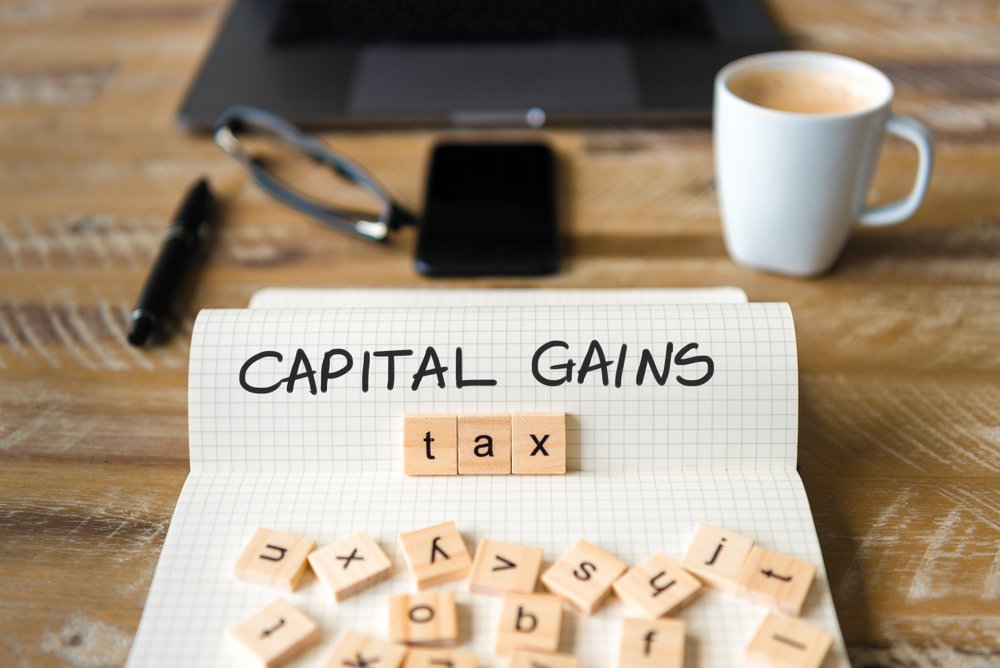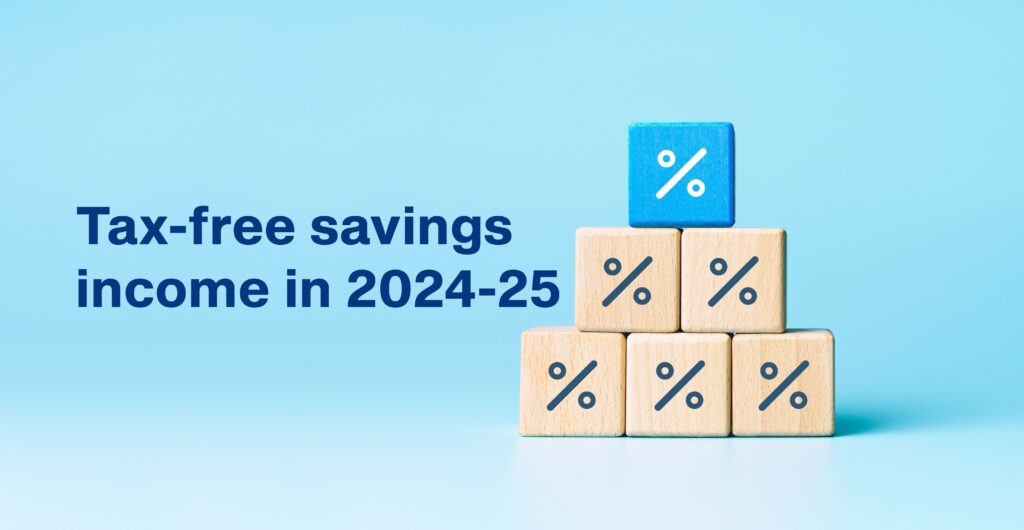
The tax implications of different methods of business finance
|
|
For many businesses, initial start-up costs are low. You might simply need an internet connection, a smartphone and a laptop! In these cases, funding will likely come from your own resources or those of family or friends. Whatever business finance options you might be considering, though, it’s important to look at their different tax implications. In this post, we’ll look at the tax implications of:
- Loans from individuals
- Government funding
- Business loans or credit
- Investment
- Hire purchase and leases.
Loans from individuals
Where a director lends money to their company, the company can repay this amount without tax implications (and interest can be paid on the loan). This is called a director loan.
If an individual provides a loan for either the business owner or the company itself, it’s generally not considered as taxable income for the business. If the donor is another company, the donor would be considered a creditor.
📢❕We’ve kept this simple for this blog post but, in certain circumstances, there are other tax implications – check with your accountant if this is the finance option you’re going for!
Government funding
Government funding can be in the form of non-repayable grants or grants with specific eligibility criteria. Unless the funding relates to business-led innovation, such as research and development projects, the grants are considered taxable income for the business, unless specifically exempted.
Other funding, such as the Seed Enterprise Investment Scheme and the Enterprise Investment Scheme, is restrictive, with incentives in the form of income tax reductions, capital gains tax deferrals and/or exemptions for the investor.
Business loans or credit
If neither government funding nor personal funding is an option, you might want to look at loans or credit. Interest charged on any business loan or overdraft is tax deductible, but the capital repayment element is not.
Investment
Depending on your business, alternative lenders and financing options such as venture capital, angel investors, crowdfunding (or another form of peer-to-peer lending) might be an option.
Venture capital and business angels will want an agreed share of the profits. Equity funding may require surrendering ownership and control over the business – just watch an episode of Dragons’ Den!
Crowdfunding or peer-to-peer lending has tax implications if a reward is expected in return for funding. For the business, the funds are considered taxable revenue. VAT may also apply if the rewards are taxable supplies. For the donor, there are no tax implications, as the payment is made in exchange for goods or services, like a purchase.
Hire purchase & leases
In most instances, the allowable expenditure starts the moment you gain access to the asset. Finance charges are also allowable business expenses, with VAT reclaimable.
However, as most assets under these terms usually include an option to purchase at the end of an initial period, you cannot claim a capital allowance until you own the asset. For example, many cars are not owned until a large final payment is made after 3 or 5 years.
📢❕To the untrained eye, it’s often unclear which terms apply; it’s best to speak to your accountant if you have a finance lease or hire purchase agreement.
📢❕Always keep a record of all documents and agreements.
Practical point
If you’re looking to borrow money (either through the business or personally) careful consideration is required. Ensure the interest rates are manageable by comparing rates from different lenders.
At the time of writing, interest rates have just come down to 5%, but a quick look at the Bank of England’s website will tell you they’ve gone as high as 17% (November 1979) and as low as 0.1% (March 2020). The average across the last ten years was 2.15%.
📢❕The information in this blog post was correct at the time of writing. Please check with your accountant for the latest information or, if you don’t have an accountant, join the Financial Resilience Hub to get access to one of ours! Alternatively, keep an eye on HMRC’s website for updates.
ABOUT THE AUTHOR

Helen Monaghan is a Chartered Management Accountant, accredited NLP Practitioner & Finance Coach. Both a psychology graduate and an accountancy graduate, she has authored three business books, which beautifully bring together psychology, finance, and tax to empower the reader about money. Helen is the CEO of HM Finance Coaching & Advisory Ltd, a company that provides financial education and business mindset coaching to small businesses across the UK, in addition to accountancy services for limited companies in Scotland and across the UK. Helen is also the founder of The Financial Resilience Hub – find out how we can support you, and your business, to be financially resilient through our monthly membership.
© Helen Monaghan





Responses